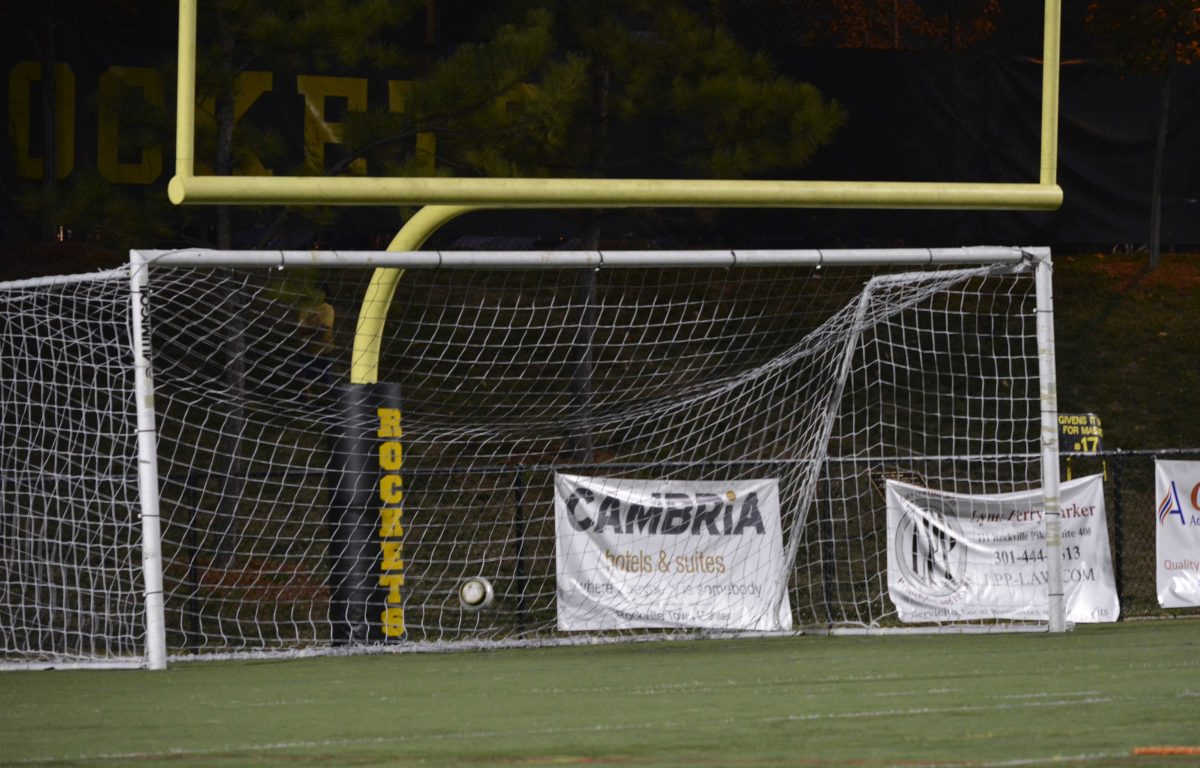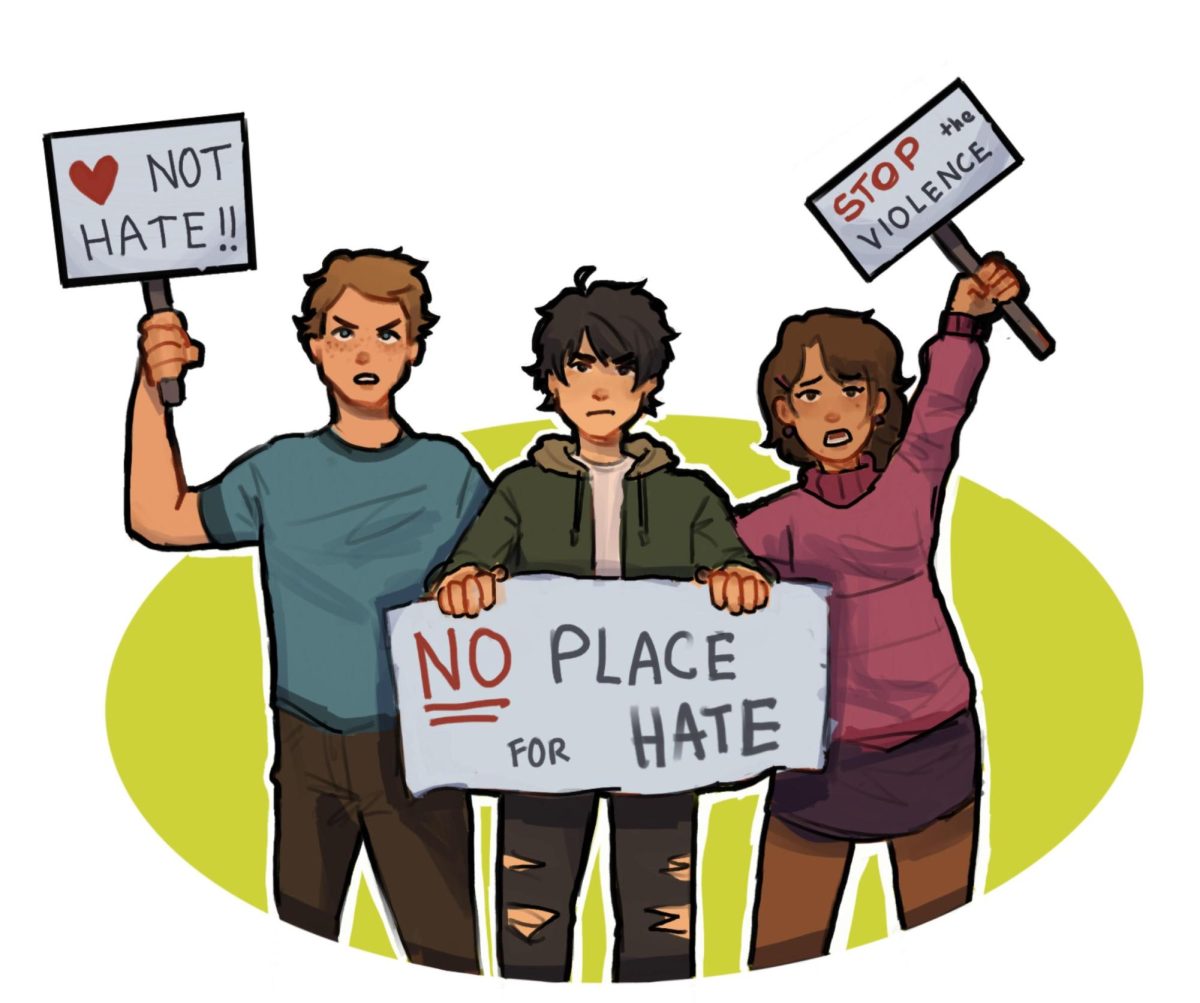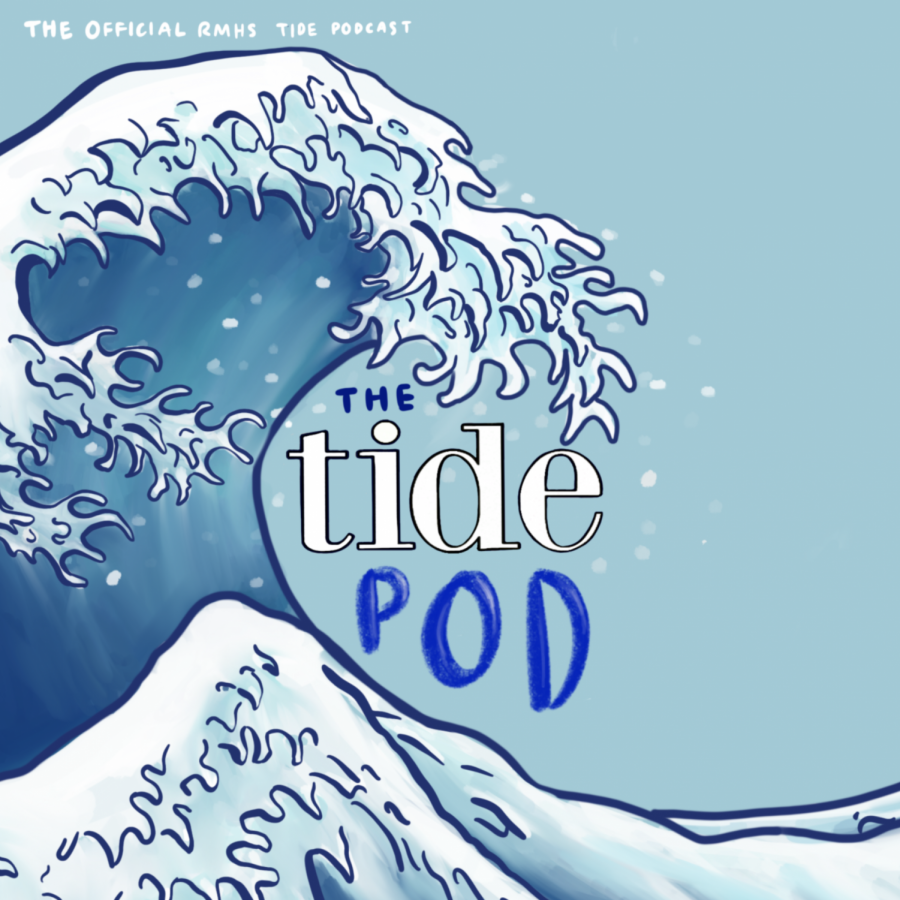On January 17th, 2025, the U.S Supreme Court agreed to hear Mahmoud v. Taylor. The SCOTUS will hear oral arguments starting on April 22nd. The judges will answer the question of “Do public schools burden parents’ religious exercise when they compel elementary school children to participate in instruction on gender and sexuality against their parents’ religious convictions and without notice or opportunity to opt out?”
The case centers around LGBTQ-inclusive books introduced to MCPS’ English Language Arts curriculum in 2022. The books include “Pride Puppy!” by Robin Stevenson, a rhyming picture book that “offers a joyful glimpse of a Pride parade and the vibrant community that celebrates this day each year,” and “Born Ready: The True Story of a Boy Named Penelope” by Jodie Patterson, a picture book about a transgender male and his efforts to express himself.
In line with district policies concerning religious accommodation, MCPS allowed parents to opt their children out of lessons concerning the books. This changed in March 2023, when the board reversed this policy and removed the opt out option. While this was done without explanation, the board later cited “high student absenteeism, classroom disruption, administrative burden, and potential stigmatization of individuals represented in the books.” The change prompted a coalition of Muslim, Jewish, and Christian parents to sue the Board, on the ground that their first amendment rights to religious freedom were violated.
The parents made an emergency motion to the US District Court for the District of Maryland which would have allowed them to opt out of the instruction, but this was denied. This was upheld by the United States Court of Appeals on May 15th, 2024. The parents appealed to the Supreme Court of the United States on September 12th, 2024.
Especially because of its local nature, the outcome of the case could heavily impact both MCPS and the RM Community. “The parents are making a free exercise of religion argument that the use of LGBTQ+ inclusive reading materials with elementary school children without parental consent and/or an opt-out option constitutes an infringement on their right to introduce these topics to their children on their own terms,” AP US Government teacher William Vicari said. “Based on the free-exercise claim, one would assume this would include a religious perspective that might be at odds with the message of inclusivity and awareness that MCPS seeks to convey with the use of such works in the curriculum. So the Court will ultimately answer the question of whether public schools burden parents’ religious exercise when they compel elementary school children to participate in instruction on gender and sexuality against their parents’ religious convictions.”
“I feel very privileged to live here in MCPS or maybe even just RM because I can live and express myself with a lot of freedom,” a student that identifies as gay, who chose to remain anonymous, said. I haven’t met anyone at RM who has targeted or made fun of me for my sexuality…while homophobia is less prevalent among students at least in my experience, it’s still clearly present in many parents who are more conservative in their beliefs,” they said.
“I feel like as a kid I didn’t see much representation for LGBTQ+… I do think that representation for gay people is important. Because kids who are gay need to be able to realize that this is in fact a thing that exists, they are not monsters or messed up or mentally ill,” they said. “As a child, I was aware of my preference even in early elementary school. However, heteronormativity was pushed onto me and I faced a lot of denial. Kids shouldn’t have to go through this.”













